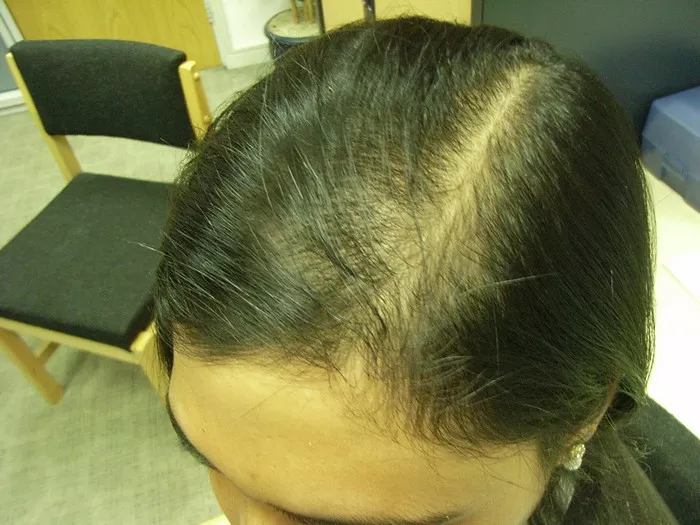Hair loss is a concern that affects many individuals, and it can be attributed to various factors, including genetics, hormonal changes, and certain medications. In this article, we’ll delve into a crucial aspect of this topic: tablets or medications that have the potential to cause hair loss. Understanding the relationship between specific tablets and hair loss can empower individuals to make informed decisions about their health.
1. Chemotherapy and Hair Loss
One category of tablets known to cause hair loss includes chemotherapy drugs. While chemotherapy is a crucial treatment for cancer, it can have the unfortunate side effect of causing hair loss. These powerful medications target rapidly dividing cells, which includes hair follicles. As a result, many cancer patients undergoing chemotherapy experience varying degrees of hair thinning or baldness.
2. Hormonal Medications
Certain hormonal medications, such as birth control pills and hormone replacement therapy (HRT), have been associated with hair loss in some individuals. These medications can disrupt the natural hormonal balance, leading to a condition known as telogen effluvium, where hair follicles prematurely enter the resting phase of the hair growth cycle. This can result in significant hair shedding.
3. Anticoagulants and Hair Thinning
Anticoagulant medications, commonly referred to as blood thinners, are prescribed to prevent blood clots. While they are essential for certain medical conditions, they can lead to hair thinning as a side effect. The mechanism behind this effect is not fully understood, but it’s believed that the altered blood flow might impact hair follicle health and growth.
4. Acne Medications and Hair Loss
Some tablets prescribed for severe acne, such as isotretinoin, have been linked to hair shedding in rare cases. While the exact cause isn’t clear, it’s suggested that the medication might affect the hair growth cycle or the structure of the hair shaft. It’s important to note that not everyone who takes acne medications will experience hair loss, and the benefits of treating the underlying condition often outweigh the potential side effects.
5. Antihypertensives and hair loss
Hair loss is a potential concern associated with antihypertensive medications. Some individuals taking drugs like beta-blockers, ACE inhibitors, or diuretics might notice increased hair shedding. While not everyone experiences this side effect, it’s believed that these medications could disrupt the hair growth cycle or impact hair follicle health. If you’re on antihypertensives and notice hair loss, discussing your concerns with a healthcare provider is advisable. They can assess the situation, explore alternative medications if necessary, and provide guidance on managing potential hair-related effects while prioritizing your cardiovascular health.
6. Mood Stabilizers and Hair Loss
Certain mood stabilizers and antidepressant medications have been reported to cause hair loss in some individuals. The psychological impact of hair loss can be particularly challenging for those dealing with mood disorders. It’s essential to have open communication with your healthcare provider if you notice hair loss while taking these medications. Adjustments to the dosage or exploring alternative treatments might be considered.
See Also: 6 Supplements to Take for Hair Loss: What You Need To Know
Conclusion
While these tablets are associated with hair loss, it’s crucial to approach this information with context. Medications play vital roles in managing various health conditions, and the decision to use them should be made in consultation with a healthcare professional. Not everyone who takes these tablets will experience hair loss, and individual responses can vary. If you’re concerned about the potential for hair loss due to medication, discussing your worries with your healthcare provider can help you make informed choices about your treatment.
In conclusion, being aware of the potential side effects of tablets on hair loss is an essential step towards maintaining overall health. By understanding the nuances of how certain medications might impact hair follicles, individuals can take proactive measures and have informed conversations with their healthcare providers.


